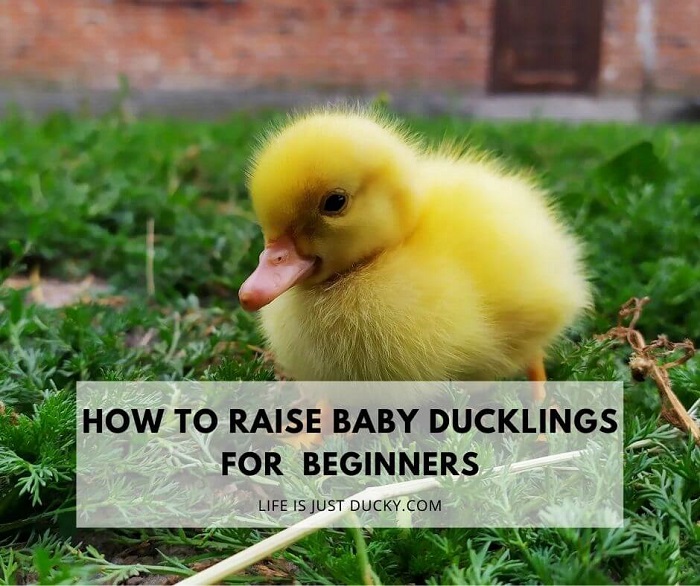
A Comprehensive Guide to Caring for Baby Ducks
Introduction
Baby ducks, also known as ducklings, are adorable and captivating creatures that require specialized care to thrive. Whether you have stumbled upon a nest of abandoned ducklings or have decided to raise them as pets, understanding their unique needs is crucial for their well-being. This comprehensive guide will provide you with all the essential information on how to care for baby ducks, ensuring their health, happiness, and proper development.
Housing
- Brooder: For the first few weeks of life, ducklings require a warm and secure environment. A brooder, which can be a cardboard box or a plastic tub, should be lined with soft bedding, such as shredded paper or towels.
- Temperature: Ducklings need a constant temperature of 90-95°F (32-35°C) for the first week. Gradually reduce the temperature by 5°F (3°C) each week until they reach 70°F (21°C).
- Ventilation: Ensure adequate ventilation in the brooder to prevent ammonia buildup and respiratory problems.
Feeding
- Diet: Ducklings require a high-protein diet specifically formulated for their needs. Commercially available duckling starter feed is ideal.
- Feeding Frequency: Feed ducklings small amounts of feed frequently throughout the day, approximately every 2-3 hours.
- Water: Provide fresh, clean water at all times.
Hygiene
- Bedding: Keep the brooder bedding clean and dry by changing it regularly.
- Bathing: Ducklings do not require regular baths, but if they become soiled, gently bathe them in warm water and pat them dry.
- Foot Care: Trim ducklings’ toenails as needed to prevent overgrowth and curling.
Health
- Common Illnesses: Ducklings are susceptible to various illnesses, including duck viral hepatitis, aspergillosis, and coccidiosis. Consult a veterinarian promptly if you notice any signs of illness, such as lethargy, diarrhea, or respiratory distress.
- Vaccinations: Vaccinations are essential for protecting ducklings from preventable diseases. Consult with a veterinarian to determine the appropriate vaccination schedule.
- Parasite Control: Regularly check ducklings for parasites, such as lice or mites. Treat infestations promptly with appropriate medications.
Socialization
- Companionship: Ducklings are social creatures and thrive in the company of other ducks. If possible, raise them with at least one other duckling.
- Human Interaction: Handle ducklings gently and frequently to socialize them and build a bond.
Outdoor Care
- Age: Ducklings can be introduced to the outdoors once they are fully feathered and can regulate their body temperature, typically around 6-8 weeks of age.
- Enclosure: Provide a secure outdoor enclosure with access to water, shelter, and plenty of space to explore.
- Supervision: Supervise ducklings closely when they are outdoors, especially near water.
Transition to Adulthood
- Weaning: Gradually reduce the frequency of feedings as ducklings mature. By 8-10 weeks of age, they should be fully weaned.
- Feather Development: Ducklings will gradually lose their downy feathers and develop adult feathers. This process takes several months.
- Independence: As ducklings grow, they will become more independent and may start to explore their surroundings on their own.
Additional Tips
- Observe Behavior: Pay attention to ducklings’ behavior to identify any signs of distress or illness.
- Consult a Veterinarian: Regularly consult with a veterinarian for professional advice and health checkups.
- Provide Enrichment: Offer ducklings toys and activities to stimulate their minds and prevent boredom.
- Enjoy the Experience: Raising baby ducks can be a rewarding and unforgettable experience. Enjoy the process and cherish the memories.
Conclusion
Caring for baby ducks requires patience, dedication, and a deep understanding of their unique needs. By following the guidelines outlined in this comprehensive guide, you can provide your ducklings with the optimal environment, nutrition, and care they require to thrive and grow into healthy and happy adults. Remember to observe their behavior, consult with a veterinarian regularly, and enjoy the rewarding experience of raising these adorable creatures.
